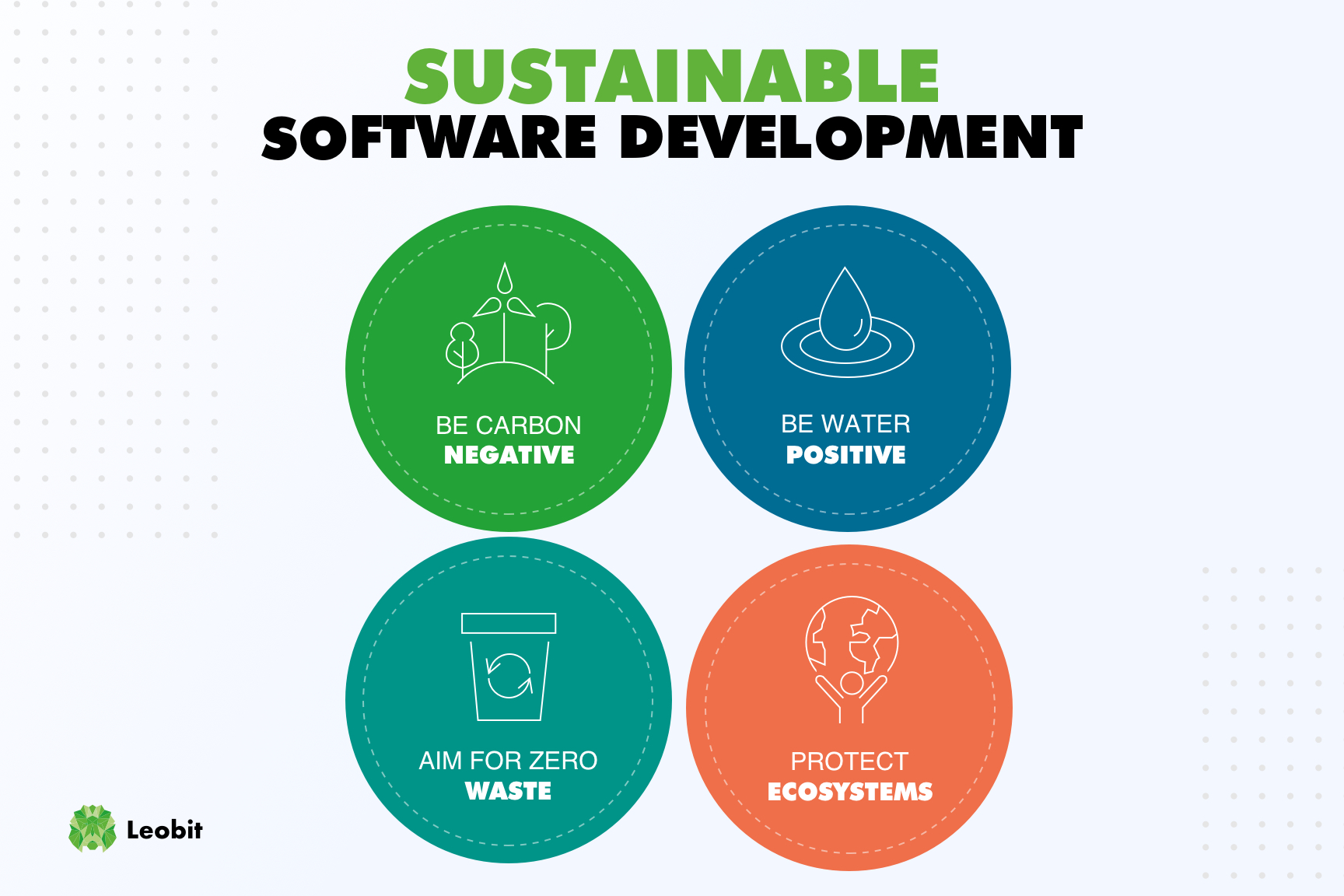Sustainable fashion is becoming more popular as consumers are becoming increasingly aware of the environmental impact of the fashion industry. Sustainable fashion trends focus on reducing waste and promoting ethical production practices. In this article, we will explore the latest sustainable fashion trends and how they are helping to promote sustainability in the fashion industry.
- Upcycling
Upcycling is the process of taking old or discarded clothing and turning it into something new and usable. This sustainable fashion trend reduces waste by giving new life to old clothes. Upcycling can be done by cutting and sewing old clothes into new designs or by repurposing old fabrics to create new garments.
- Slow Fashion
Slow fashion is a movement that prioritizes quality over quantity. The idea is to invest in high-quality, sustainable clothing that will last longer than fast fashion pieces. Slow fashion promotes ethical production practices and fair labor conditions.
- Natural Fibers
Natural fibers like cotton, linen, and wool are becoming more popular in sustainable fashion. These materials are biodegradable and have a lower environmental impact than synthetic fibers. Organic cotton, in particular, is a popular sustainable material because it is grown without the use of harmful pesticides.
- Sustainable Fabrics
Sustainable fabrics like Tencel, Modal, and recycled polyester are becoming more popular in sustainable fashion. These materials are made from sustainable production processes and have a lower environmental impact than traditional fabrics. Tencel and Modal are made from renewable wood pulp, while recycled polyester is made from recycled plastic bottles.
- Second-Hand Shopping
Second-hand shopping is a sustainable fashion trend that involves buying clothes from thrift stores, consignment shops, and online marketplaces. Second-hand shopping reduces waste by giving new life to old clothes and reduces the demand for new clothes.
- Gender-Neutral Fashion
Gender-neutral fashion is a sustainable fashion trend that promotes inclusivity and reduces waste. Gender-neutral clothing can be worn by anyone, regardless of their gender identity, and can be passed down through generations.
- Local Production
Local production is a sustainable fashion trend that involves producing clothing locally, rather than outsourcing production to other countries. Local production reduces the carbon footprint of shipping and promotes local businesses and economies.
- Zero-Waste Design
Zero-waste design is a sustainable fashion trend that involves designing clothing with no waste. This means using every piece of fabric in the design and reducing scraps and leftovers. Zero-waste design promotes sustainable production practices and reduces waste.
- Sustainable Footwear
Sustainable footwear is a sustainable fashion trend that focuses on reducing the environmental impact of shoes. Sustainable footwear can be made from sustainable materials like recycled rubber, cork, and bamboo.
- Ethical Jewelry
Ethical jewelry is a sustainable fashion trend that focuses on promoting ethical production practices and fair labor conditions. Ethical jewelry can be made from sustainable materials like recycled metals and gemstones and can be produced using ethical labor practices.
Conclusion
Sustainable fashion trends are helping to promote sustainability in the fashion industry. From upcycling to slow fashion, there are many sustainable fashion trends that promote ethical production practices and reduce waste. By choosing to support sustainable fashion trends, consumers can help to reduce their environmental impact and promote social responsibility in the fashion industry.

